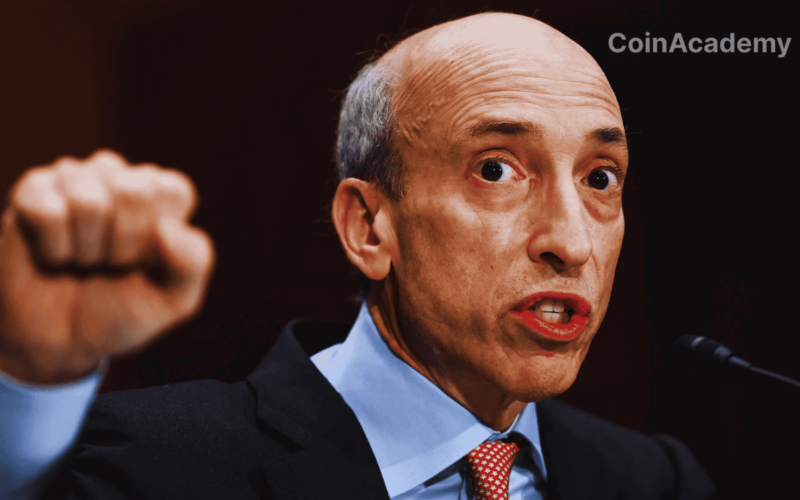Uniswap Receives SEC Wells Notice, Predicts a Long Legal Battle
In a revelation that has shaken the crypto ecosystem, Uniswap, the world’s first decentralized exchange, has been notified by the SEC of imminent regulatory action. This announcement immediately impacted the price of its native token, UNI, which dropped nearly 10%.
Hayden Adams, the founder and CEO of Uniswap, expressed his discontent, stating that he was not surprised but ready to fight against this regulatory action.
The Wells Notice received by Uniswap is a preliminary warning informing companies of charges that the regulator intends to bring against them. These notices typically precede enforcement actions, such as a lawsuit.
According to the SEC, Uniswap acted as an unregistered broker-dealer and securities exchange, raising questions about the classification of its native token, UNI, as a potential security.
The Reaction and Defense Strategy of Uniswap
In response to the situation, Uniswap’s leadership, including COO Mary-Catherine Lader and General Counsel Marvin Ammori, strongly contested the SEC’s allegations during a press conference.
Relying on a recent favorable ruling for Coinbase in a similar case, Ammori expressed confidence in the legality of Uniswap’s offerings and criticized the SEC’s approach to regulation.
Adams reinforced this position by accusing the SEC of targeting rule-abiding actors instead of clarifying its regulation. He also highlighted the contrast between the SEC’s attitude towards Uniswap and its inability to regulate controversial entities like FTX. Adams pledged to fight the charges, even predicting that the battle could reach the US Supreme Court.
The Regulation Stakes and Uniswap’s Position
In a context where the SEC is often criticized for its method of ‘regulation through enforcement,’ Uniswap claims in a blog post that the Wells Notice it received is a political attempt to target even the most compliant companies in the blockchain sector.
The platform disputes the idea that the tokens it offers for sale are securities, arguing that the majority of tokens, including stablecoins and community tokens, are not securities.
Uniswap’s blog also points out the SEC’s inaction in providing a clear framework for registering tokens that could be considered securities, exacerbating regulatory uncertainty in the industry.
Awaitng Clear Legislation
Finally, Uniswap emphasizes the SEC’s lack of legal authority to regulate crypto markets, highlighting statements from SEC Chairman Gary Gensler, who acknowledged the need for new legislation to effectively regulate the sector before the US Congress. However, efforts to establish a comprehensive regulatory framework for the cryptocurrency industry are stagnant, particularly due to the upcoming presidential elections.




